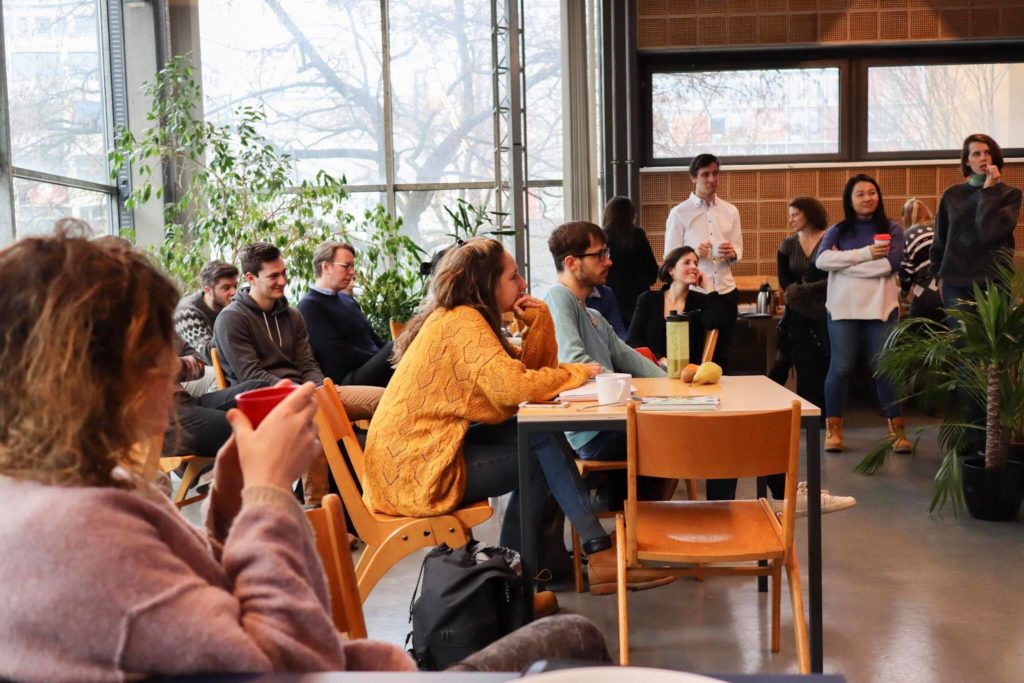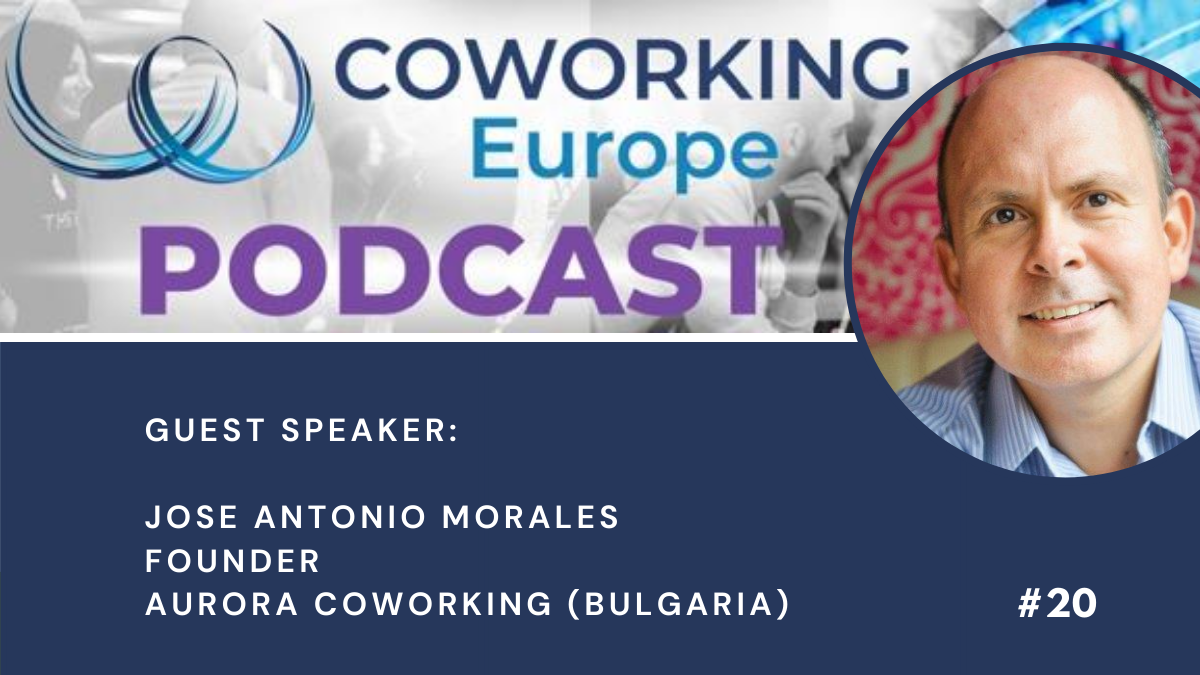Jose Antonio Morales is the founder of a small Coworking Space located in the Slovenian countryside: Aurora Coworking. It has no more than 14 people and Jose Antonio managed to make it financially sustainable. Learn more about his experience in the following interview.
Main takeaways
The highlights from our conversation with Jose Antonio Morales are summarised just here:
- In the Slovenian countryside, people don’t feel like they are entrepreneurs; they just want to work from a coworking space in order not to be at home all the time: “We are not a space for entrepreneurs, we are a space for anyone working from home“.
- The Aurora Coworking model relies on a flexible cooperative approach, and “it could be replicated in any European rural area”, affirms Jose Antonio Morales.
 The community is much more engaging and completely self sustainable if there is a cooperative system. “If this is never going to generate income, at least it should not cost me any money”, thought Jose Antonio. “We had a conversation with our members and decided to have a cooperative system. We are dividing all the expenses in equal parts. Members started cleaning the space, taking care of the infrastructure, inviting new members in order to pay less every month, etc.”
The community is much more engaging and completely self sustainable if there is a cooperative system. “If this is never going to generate income, at least it should not cost me any money”, thought Jose Antonio. “We had a conversation with our members and decided to have a cooperative system. We are dividing all the expenses in equal parts. Members started cleaning the space, taking care of the infrastructure, inviting new members in order to pay less every month, etc.”- The model is different than the tradition commercial model big coworking brands operate in big metropolis.
- There are professional of all types working from home in the Slovenian countryside: “Our coworking space is achieving identifying all of them. We have yoga or fitness trainers, IT people, translators, gardeners, book writers, editors…”.
- Network of freelances and entrepreneurs that live in rural areas is a must, thinks Jose Antonio: “The majority of those kind of professionals are looking for a network and cooperation. They start to realise that, by themselves, they are not going to be able to coop with the economical problems that are going to hit us anytime soon”.
- “What is missing in Slovenia is a funding ecosystem for this kind of ventures and the possibility of having coworking spaces not as businesses but as connectors“, thinks Jose Antonio.
- “Micro-coworking, social capital, smart networks… I think that’s the way to do it and monitorize it in different ways”.
Watch the full video conversation with Jose Antonio below.
Or just listen to the podcast version of the interview.
Join the Coworking Europe conference for more insights, data and connections!




0 Comments